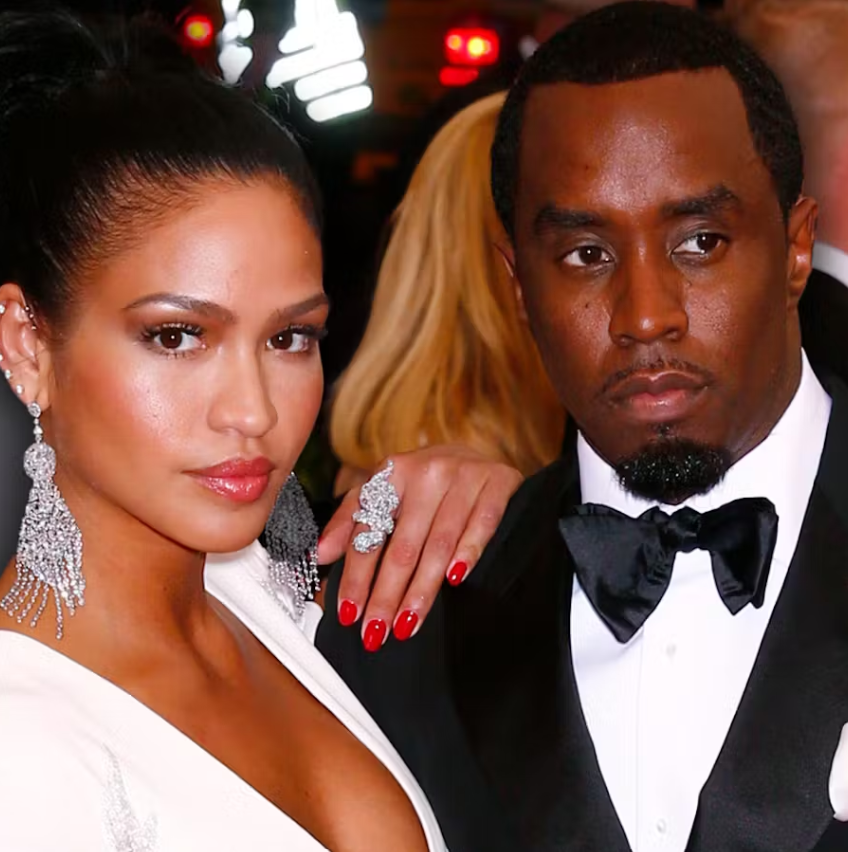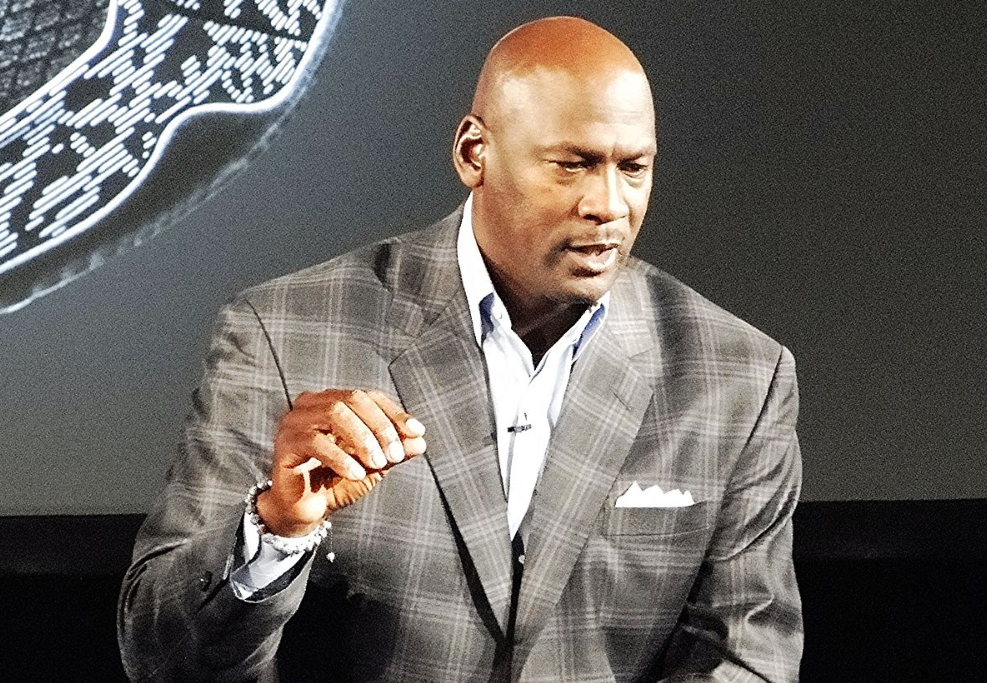Sunny Hostin, co-host of “The View,” stirred a cosmic pot of controversy when she suggested that recent earthly and astronomical events—the total solar eclipse and a New York earthquake—were somehow linked to climate change. This interstellar hypothesis, as you might expect, launched a constellation of responses, mostly from her co-hosts, who were quick to point out that eclipses are more about celestial choreography than terrestrial turmoil.
Let’s break it down: Hostin bundled the eclipse, an earthquake, and an invasion of cicadas into a climate change narrative. One can almost picture the eclipse, donning sunglasses, saying, “Don’t drag me into this!” Meanwhile, Whoopi Goldberg, ever the voice of reason, was quick to eclipse Hostin’s theory with a dose of astronomical facts, noting that eclipses are scheduled by the universe, not by human carbon footprints.
The discussion took a detour into the world of cicadas, where a ‘double brood’ event was happening for the first time in 200 years. Sure, that sounds like a bug’s version of a block party, but it’s not necessarily an RSVP to the climate change debate. However, Hostin’s buggy story does flutter close to a valid point: while cicadas and celestial shadows might not scream “climate crisis,” the changing patterns of our planet’s flora and fauna certainly whisper it.
Climate change is undeniably real, backed by a glacier of scientific evidence, but linking it to solar eclipses and seismic shakes might be a stretch. The truth is, climate change’s fingerprints are more likely to be found on the intensity and frequency of extreme weather events, melting ice caps, and even the acidification of our oceans, rather than on the moon’s shadow play.
So, while Sunny Hostin’s attempt to connect cosmic and climatic dots was met with skepticism (and a bit of TV gold courtesy of Whoopi’s retorts), it does ignite a conversation about how we interpret and discuss climate change. It’s a complex, multifaceted issue that can’t be boiled down to any single event, terrestrial or celestial.
As we navigate these discussions, whether on morning talk shows or around our dinner tables, it’s crucial to anchor our debates in verified science while remaining open to exploring the myriad ways our planet is signaling for help. After all, understanding climate change requires a telescope for the future, not just a microscope on the present.




